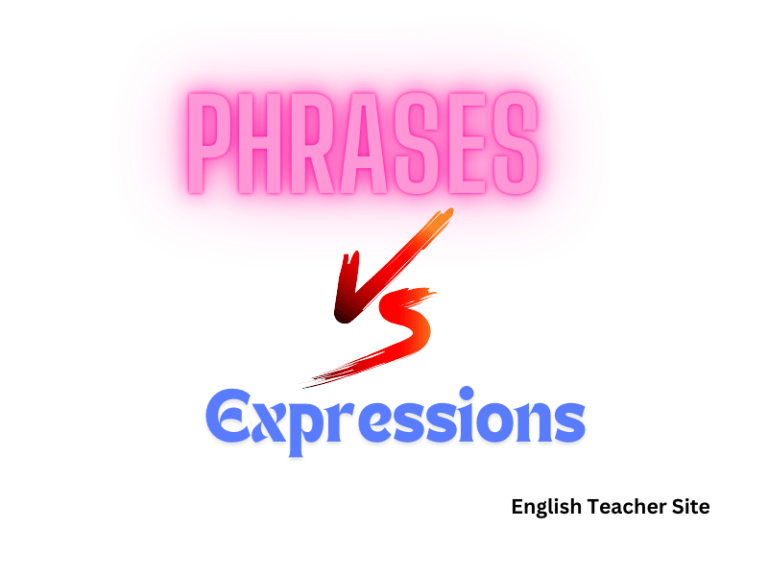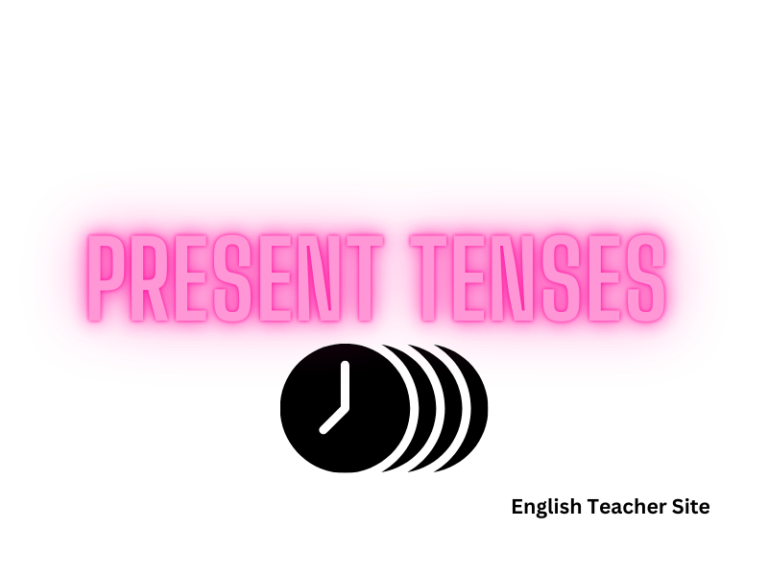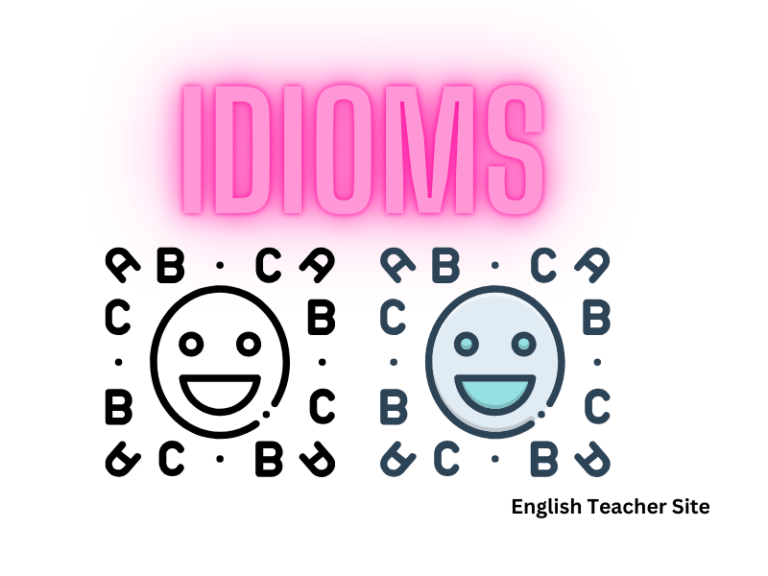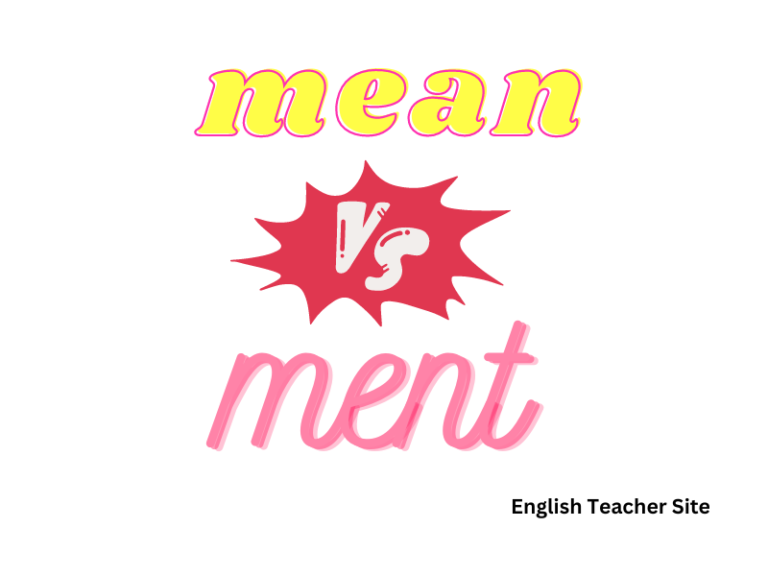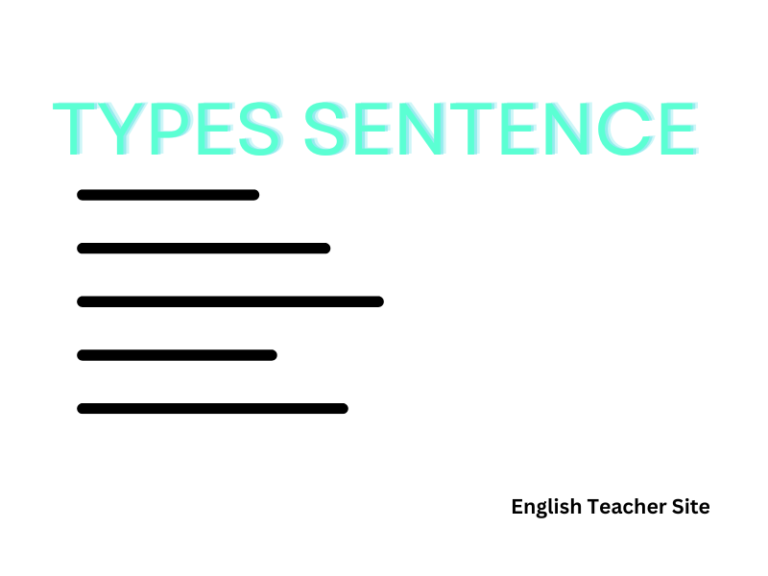What’s a Cliche Meaning: Unpacking Common Phrases and Expressions
A cliché is an expression, phrase, or idea that, through overuse, has become predictable and unoriginal. It’s the sort of remark that once packed a punch due to its novelty but has since worn out its welcome. Derived from the French word “cliché,” this term indicates something that has been used so frequently it lacks…

